Aug 5, 2016
5 Canadian Olympians who scored big with sponsors – and could earn even more
, BNN Bloomberg
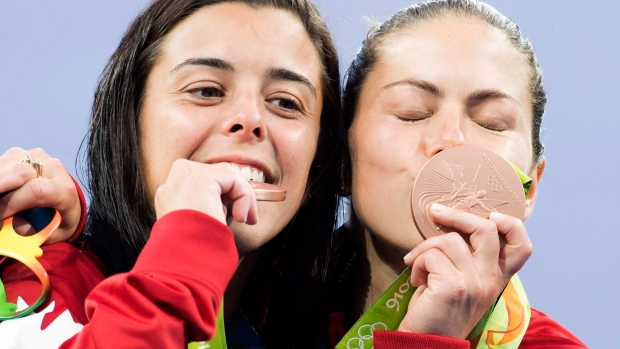
As the 2016 Summer Games kick off in Rio Friday, there’s no doubt that the spotlight will shine brighter on some Canadian athletes than others.
A few of them have already secured big sponsorship deals, with the promise of bonuses and further branding opportunities if they perform well.
But as one marketing expert explained, it’s not just about performance when big brands decide to back an athlete.
John Yorke, president of creative agency Rain43, told BNN that personality plays a big role too.
“I would say that the Canadians love their quirky athletes that have more personality,” Yorke said in a phone interview. “Winning gold is less important.”
Athletes that can speak well and who have compelling stories make good brand ambassadors, he added. There are a few high-profile Canadian athletes that have already caught the attention of big companies like Puma and RBC. Here are some of them:
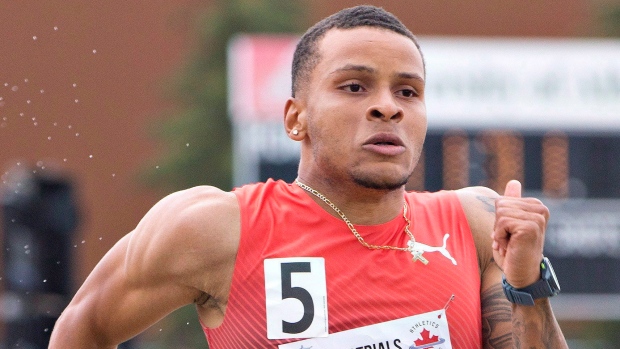
Andre De Grasse, 21
Hometown: Markham, Ont.
Events: Men’s 4x100, 200-metre and 100-metre sprints
Sponsor: Puma
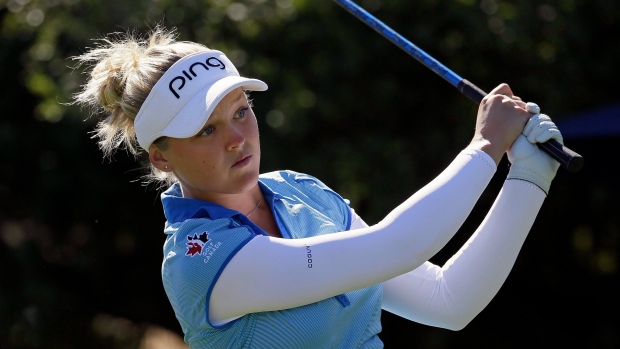
Brooke Henderson, 18
Hometown: Smiths Falls, Ont.
Events: Golf, women’s individual
Sponsor: RBC
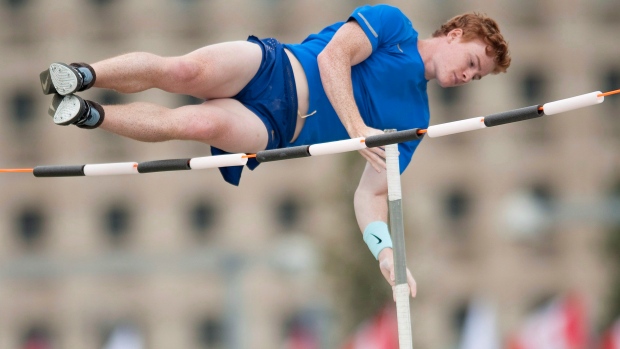
Shawn Barber, 22
Hometown: Born in Las Cruces, New Mexico, resides in Toronto, Ont.
Events: Men’s pole vault
Sponsor: Nike
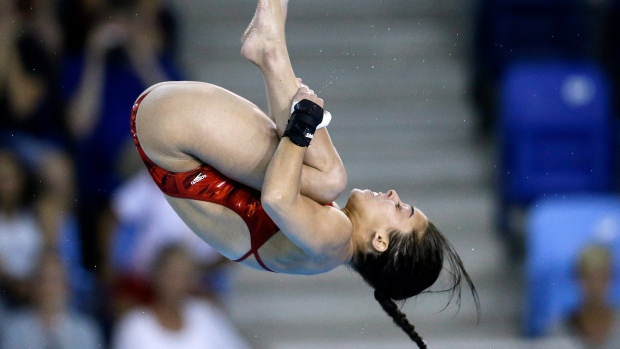
Meaghan Benfeito, 27
Hometown: Montreal, Que.
Events: Diving, women’s 10-metre platform, women’s synchronized 10-metre platform
Sponsor: BMW
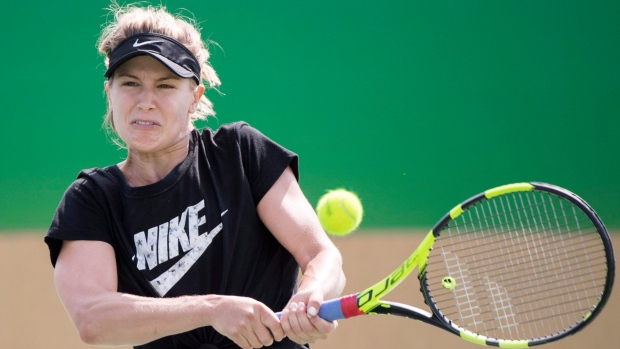
Eugenie Bouchard, 22
Hometown: Montreal, Que.
Events: Tennis, women’s singles, doubles
Sponsor: Coca-Cola
Funding isn’t easy to come by for world-class athletes, and not everyone is fortunate enough to sign big deals. De Grasse’s deal with Puma, for example, is worth $11.25 million. Many athletes who aren’t competing in mainstream sports have to go out and negotiate deals themselves, according to Yorke.
Sponsorship deals are also harder to come by in Canada than in the U.S., usually due to budget restrictions, which makes it riskier for a Canadian company to invest in athletes, he said.
But signing up with big companies isn’t the main focus for these Olympians, according to Yorke, who has worked with high-profile Canadian athletes in the past.
“They would all rather be spending 12 hours a day training,” he said. ”I would say it’s an added stress.”





